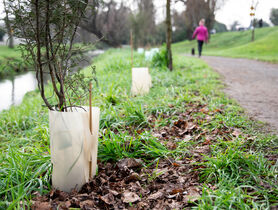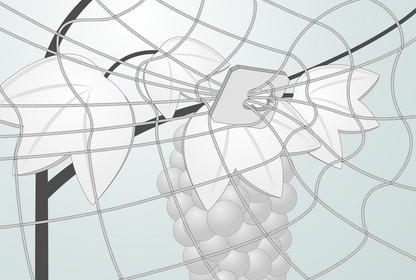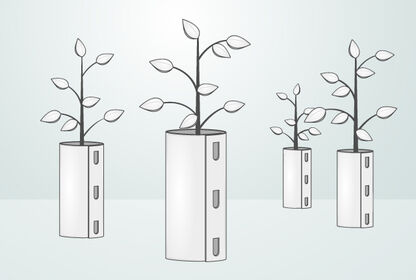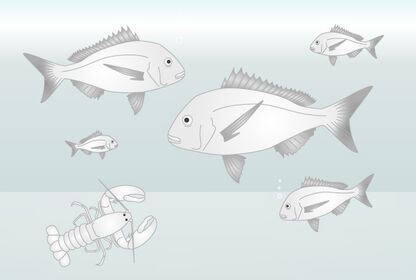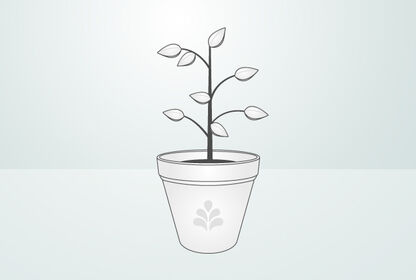Introducing the PolyNatural® Ties A better choice for the viticulture and kiwifruit industries
PolyNatural® is a leader in biopolymer technology and is always looking for ways to develop products that deliver real change—like our PolyNatural® Ties.
In the viticulture and horticulture industries, training and securing new vines or saplings to grow more effectively usually uses plastic plant ties, but once they are established, there’s no further use for these ties and they’re discarded to landfills.
PolyNatural® Ties are currently in the prototype stage as we refine the formula and design. Register your interest below.
Benefits
Specific design for Kiwifruiit growers
We have refined a custom design for growers of Kiwifruit
Specific design for the viticulture industry
We have created a new design for the viticulture industry.
100% bio-based
Comes from waste created from processing wood
Biodegradable
Degrades over time in the right soil conditions
Simple to use
Easily clips into No.8 wire
Flexible and durable
Designed for New Zealand conditions
Interested in a free sample pack?
Please complete the below form for a free sample pack and be a part of the development of this exciting product early on.

